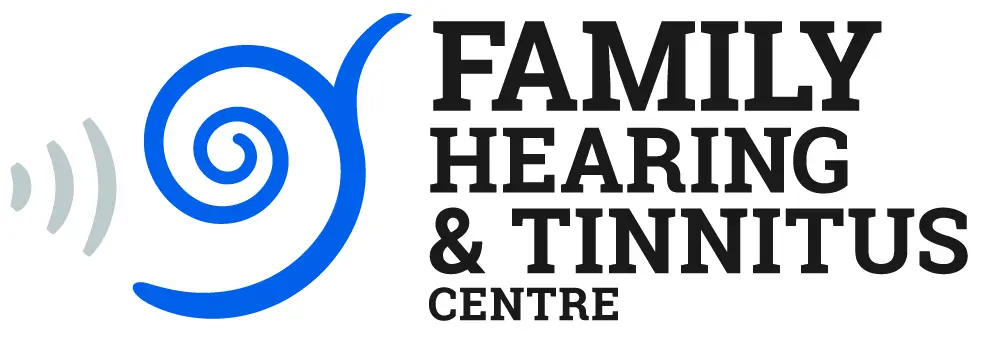Protect Your Hearing With These 4 Tactics

Our ears are often what carry the load of unintentional harm from neglect in our hectic day-to-day lives. From the allure of ear candling to the apparently harmless act of using cotton swabs, our hearing health can suffer from these prevalent yet dangerous practices. What follows are a few strategies you can use to help protect the health of your hearing.
Ear candling is a no-no
Ear candling, an ancient technique purported to draw out earwax and promote ear health, has gained popularity despite lacking scientific merit. It’s believed that a vacuum is produced when a hollow ear candle is inserted into your ear canal and the wick at the opposite end is lit theoretically drawing impurities out. However, numerous studies have debunked this practice, emphasizing its ineffectiveness and potential risks.
You could be putting your hearing in peril by employing a practice that won’t even remove any earwax. The application of heat near the delicate structures of the ear can lead to burns, perforated eardrums, and even exacerbate existing problems. Furthermore, the residue left behind after ear candling often consists of candle wax and debris as opposed to extracted earwax.
Medical professionals always warn against ear candling because of these findings. There are safer methods of cleaning your ears than cotton swabs and the FDA and the Academy of Otolaryngology (AAO) advise against using them.
No more cotton swabs
The attraction of cotton swabs for ear cleaning is unquestionable, with many individuals turning to these apparently innocuous tools for maintenance. However, contrary to popular belief, inserting cotton swabs into the ear canal poses more dangers than advantages. Rather than effectively removing earwax, swabs can inadvertently pack wax deeper into the ear canal, resulting in impaction and potential injury.
The sensitive nature of the eardrum makes it susceptible to damage from outside objects, including cotton swabs. Pain, infection, and hearing loss can all be the outcomes of perforations or abrasions of the eardrum. To avoid these complications, it is advisable to steer clear of inserting any objects into the ear canal and instead rely on the ear’s self-cleaning systems or seek professional help if needed.
Keep volumes to a minimum
In a progressively noisy world, our ears are continuously bombarded by sounds of varying intensities. From busy city streets to leisure activities such as concerts and sporting events, exposure to loud noise is ubiquitous. Over-exposure to loud noises like these can have detrimental effects on your hearing health resulting in tinnitus and noise-related hearing loss.
It’s essential to utilize ear protection and, if you can, avoid very loud settings in order to avoid damage. Whenever you can’t steer clear of extremely loud noise, protection such as earplugs and earmuffs should be utilized.
Also, take frequent breaks and moderate the volume when you’re utilizing personal listening devices like headphones and earpods.
Listen to your ears: act promptly on symptoms
Taking quick action when your ears begin to tell you that you’re starting to encounter some degree of hearing loss is critical to protect your ears from harm. In spite of the availability of advanced treatments, such as hearing aids, delaying intervention can exacerbate hearing loss and complicate treatment.
If you have symptoms like ringing in the ears, trouble understanding speech, or pain or pressure in your ears, it’s essential that you recognize it. If any of these symptoms are experienced, seek assessment from a qualified hearing specialist or otolaryngologist (ear, nose, and throat specialist) promptly. Your hearing results as well as your quality of life will be significantly increased by early detection and intervention.
Your ability to effectively navigate the landscape of your life depends on you keeping your hearing as healthy as possible. We can preserve our healthy hearing by avoiding cotton swabs and ear candles, safeguarding our ears against loud noise, and identifying early warning symptoms.
Call us today for an evaluation if you are suffering from ear damage or hearing loss.
